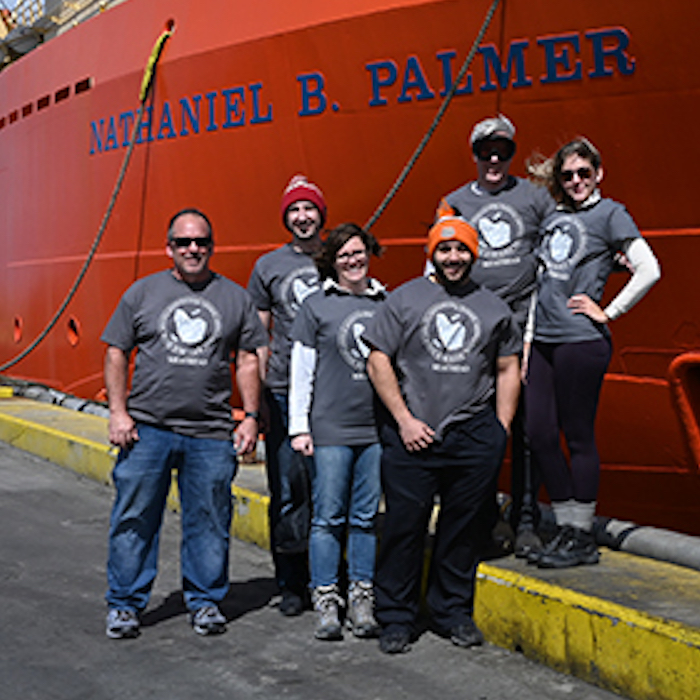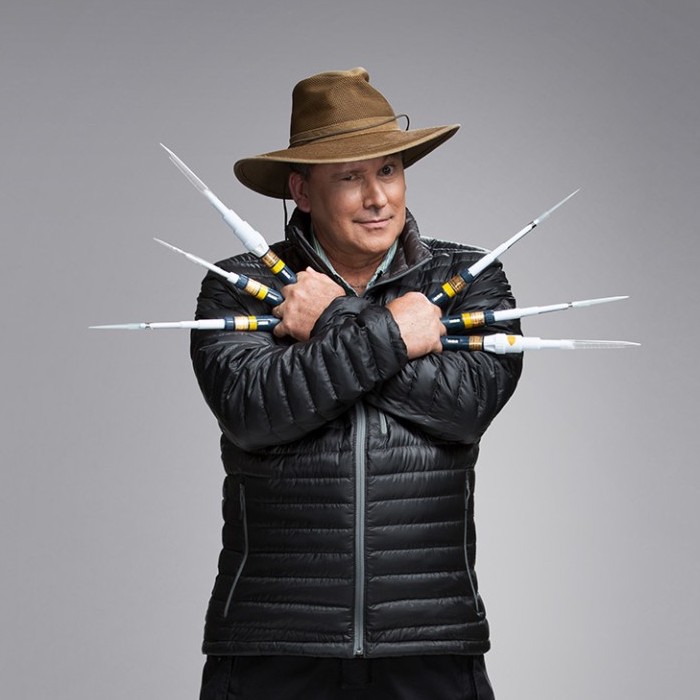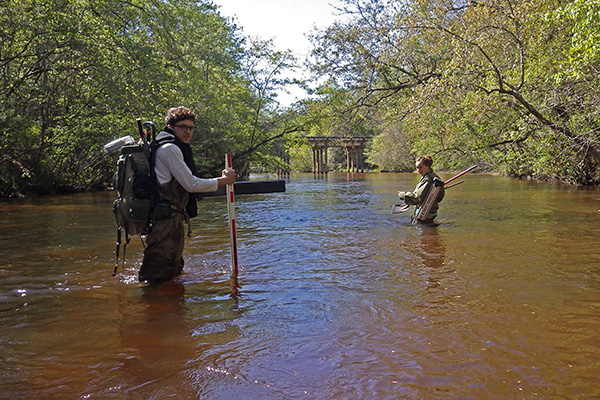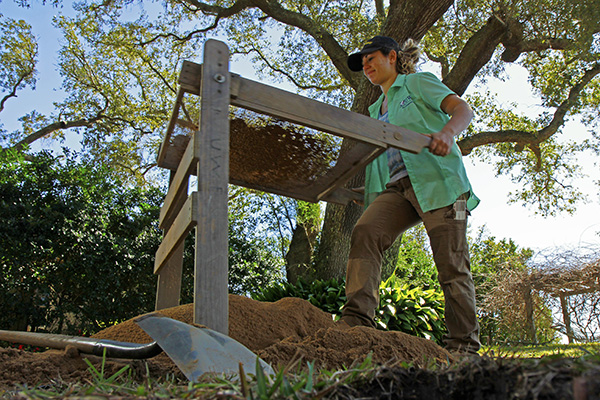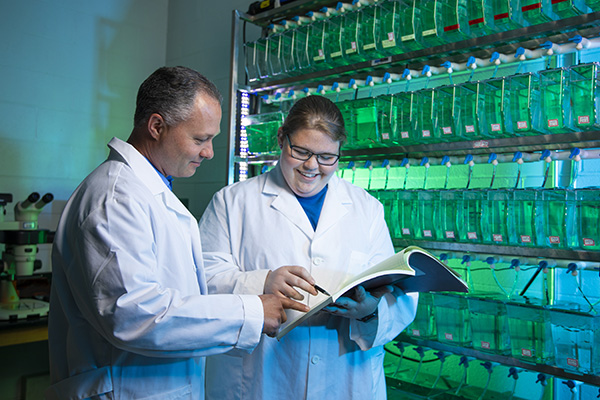This is a remarkable time to be a biologist. Every day, new research findings alter our view of the world. A master’s degree in biology from UWF will allow you to contribute to this research, share your knowledge through teaching or apply it in public service or private industry.
Why Study Biology at UWF?
Our biology master's program offers advanced training to prepare you for in doctoral programs or careers in government agencies, educational institutions and private industry.
Our location along the Florida Panhandle allows marine and ecology graduate students to research unique projects.
The Pensacola campus includes 300 acres of estuarine marshes and wetlands with an additional 150 acres located on Santa Rosa Island on the Gulf of Mexico containing beach dune, salt marsh, tidal flat and sea grass ecosystems.
If you are interested in pursuing a career in biotechnology, industry, or professional schools, you will be able to work side by side with our faculty to develop novel research projects that will give you the skills and knowledge needed for these future careers.
What You Will Learn
Our areas of expertise include botany, genetics, marine biology, microbiology, molecular and cell biology, and wetlands/coastal ecology.
You will choose from one of two tracks: thesis or non-thesis.
The thesis program is designed for students seeking advanced studies in areas of modern biology and biotechnology. You will train in the fields of aquaculture, biochemistry, ecology, environmental studies, fisheries biology, genetics, immunology, marine biology, microbiology, molecular biology, plant science and physiology.
The non-thesis program allows you to tailor coursework to your specific interests. The core required courses provide a foundation in experimental design, lab techniques and other aspects of graduate-level knowledge. A large number of elective hours allow you to shape the degree to support your future goals.
For example, individuals interested in medical-oriented fields can choose electives in such areas as microbiology and immunology, while individuals interested in environmental work can choose electives in ecology and environmental studies.
UWF programs offered at the Pensacola campus or UWF Emerald Coast may require online courses. Please discuss the program requirements and planning with your academic advisor.
- Dr. Wayne Bennett – Assists graduate students with thesis research in Marine Biology.
- Dr. Victoria Bogantes – Assists graduate students with thesis research systematics and biodiversity of marine organisms.
- Dr. Jane Caffrey – Assists graduate students with thesis research in Estuarine Nutrient Biogeochemistry.
- Dr. Peter Cavnar – Assists graduate students with thesis research in Biomedical Science.
- Dr. Philip Darby – Assists graduate students with thesis research in Wetlands and Wildlife Ecology.
- Dr. Rodney Guttmann – Assists graduate students with thesis research in Biology.
- Dr. Alexis Janosik – Assists graduate students with thesis research in Molecular Ecology and Evolution.
- Dr. Wade Jeffrey – Assists graduate students with thesis research in Marine Microbiology.
- Dr. Prerna Masih – Assists graduate students with thesis research in biochemistry.
- Dr. Christopher Pomory – Assists graduate students with thesis research in Marine Invertebrates.
- Dr. Jim Spain – Assists graduate students with studies in Environmental Biotechnology.
- Dr. Lisa Waidner – Assists graduate students with studies in Marine and Aquatic Microbial Ecology, Environmental Biotechnology, and Molecular Biology.



.jpg)
